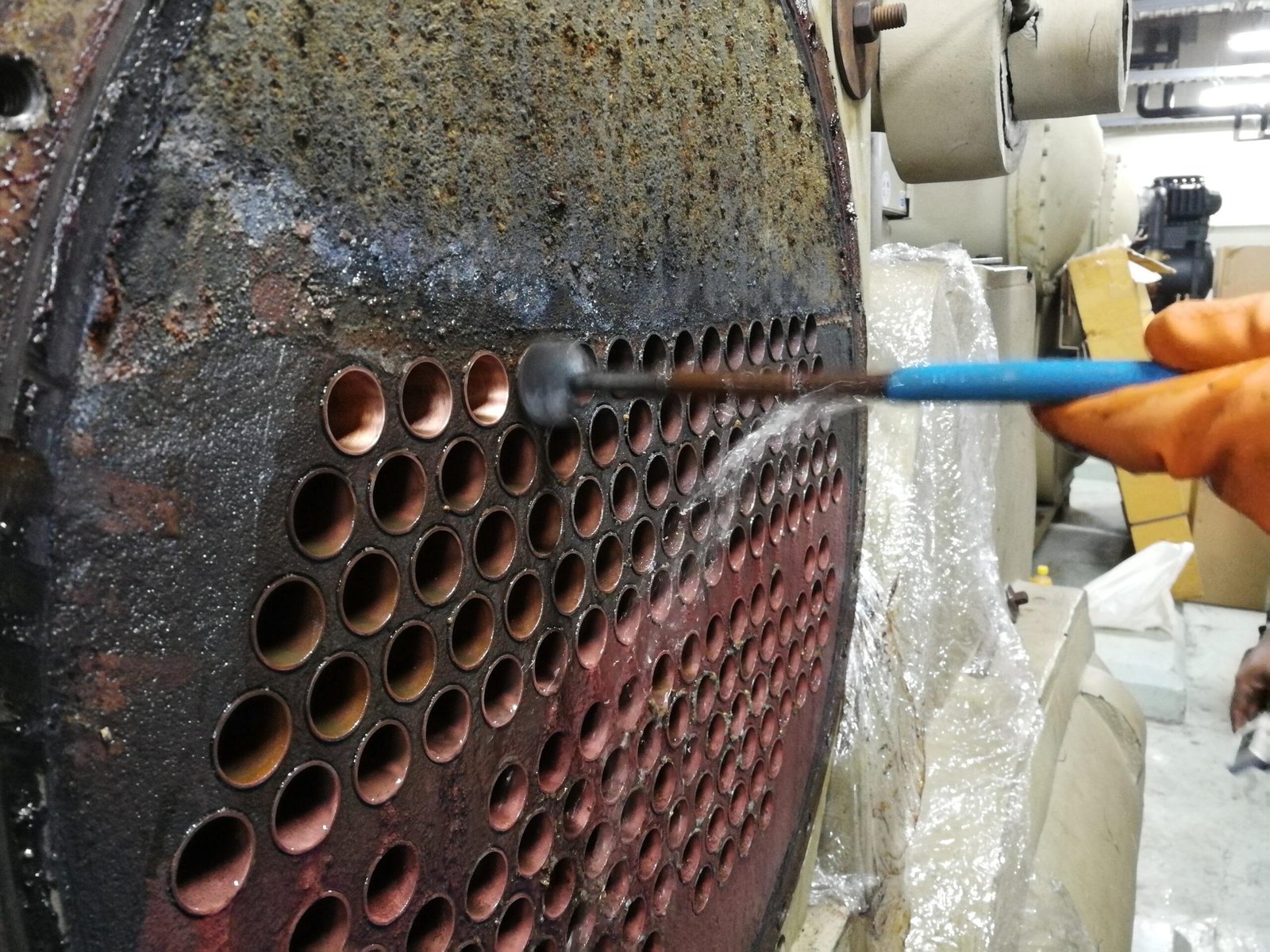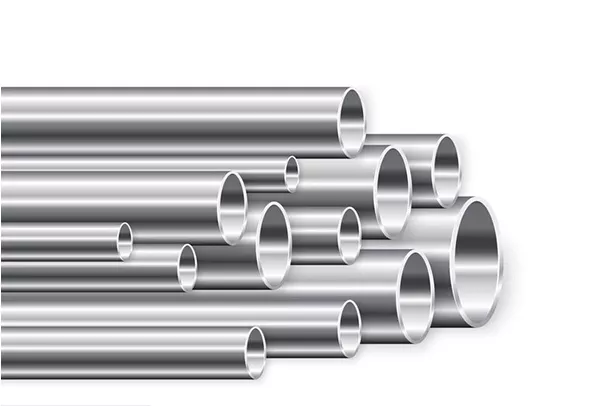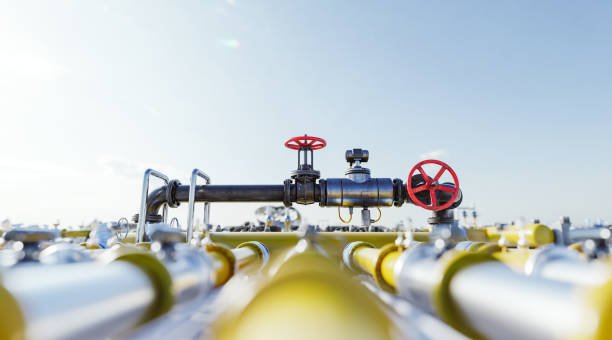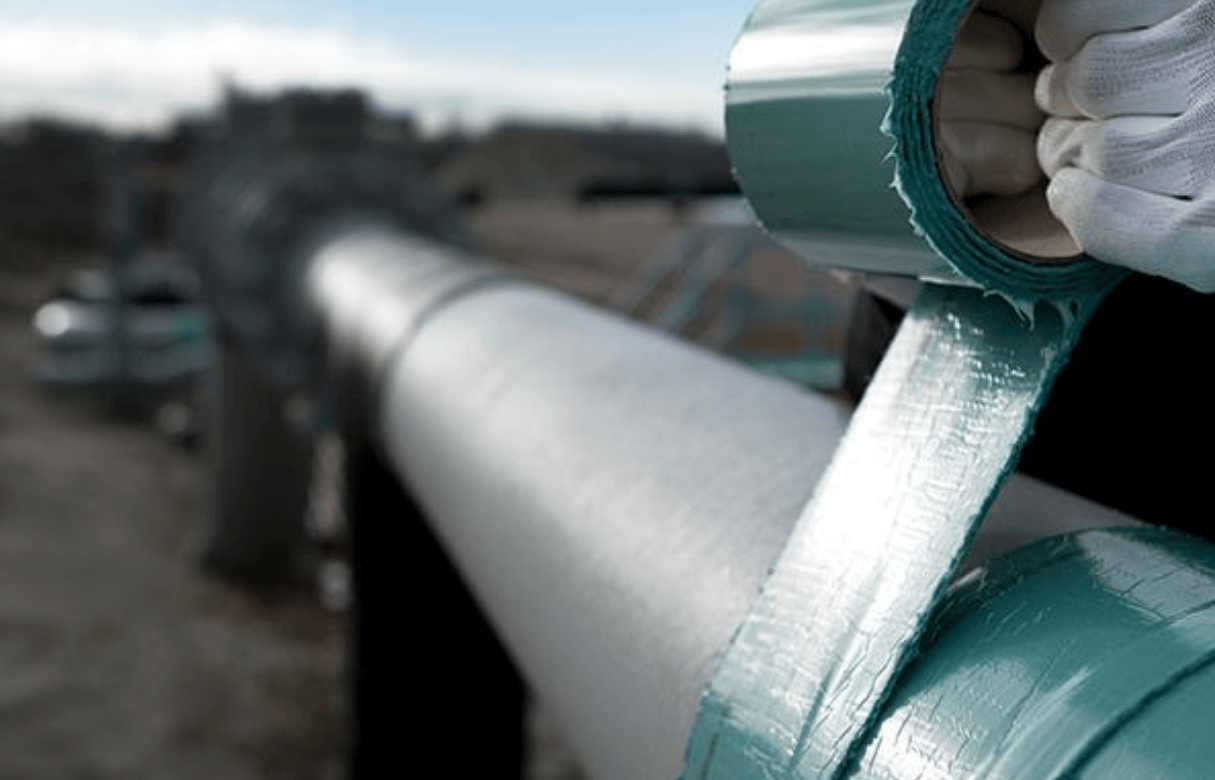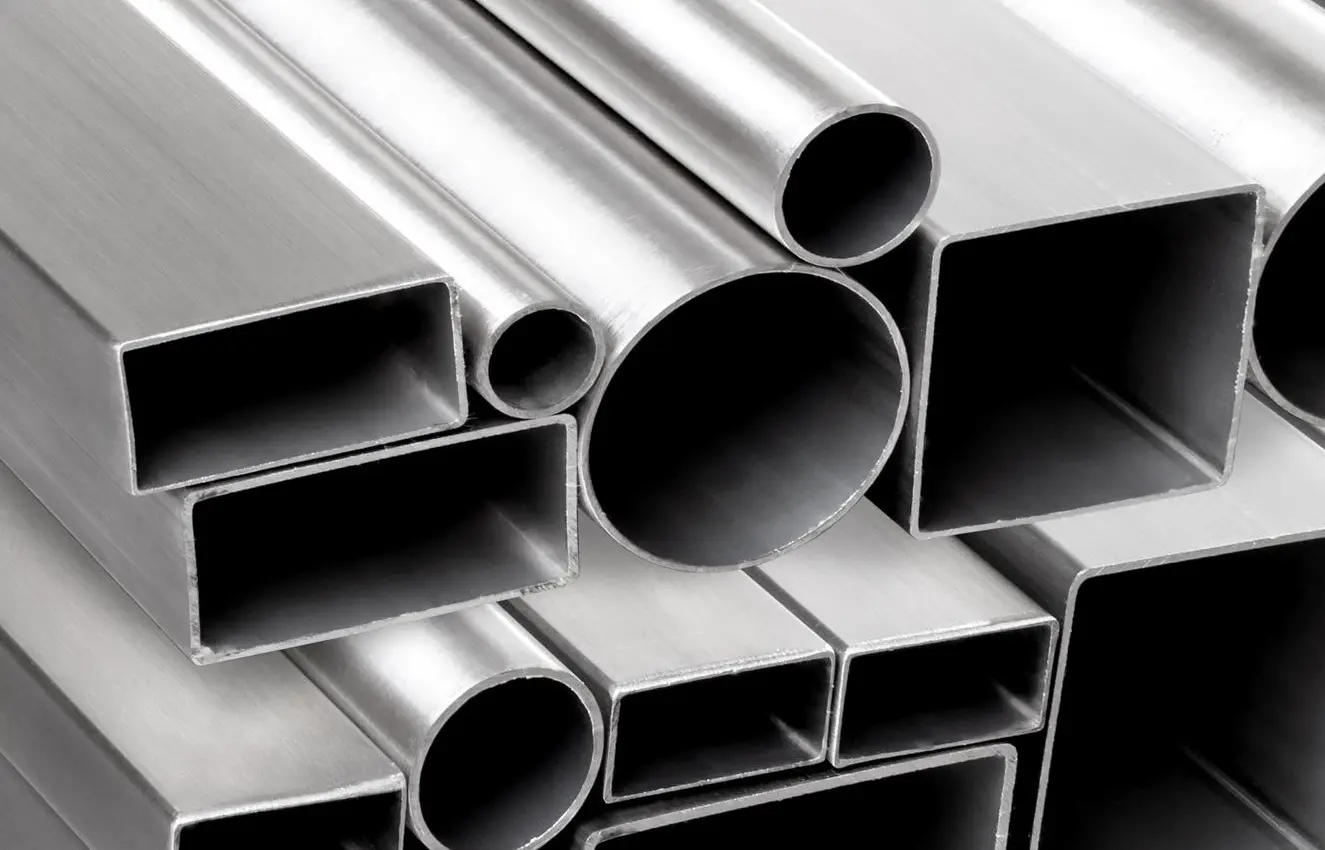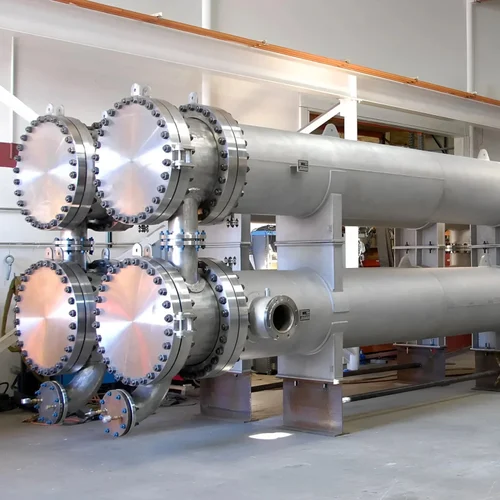The shipbuilding industry has long been a foundation of global trade and maritime power. In today’s era of globalization, sustainability challenges, and energy transition, shipbuilding remains one of the world’s most strategic industries. From transporting goods and passengers to supporting defense and offshore energy, shipbuilding shapes the future of international commerce and technology.
East Asia’s Leadership in Shipbuilding
The global shipbuilding market is firmly centered in East Asia:
- China received nearly 49% of global new ship orders in 2021, making it the largest shipbuilding nation worldwide.
- South Korea is home to industry leaders such as Hyundai Heavy Industries, Samsung Heavy Industries, and Daewoo Shipbuilding, specializing in LNG carriers and high-tech vessels.
- Japan continues to hold a strong position in bulk carriers and specialized ship construction.
Meanwhile, Europe remains a hub for cruise ships, luxury yachts, and naval vessels, while North America focuses on military and niche shipbuilding projects.
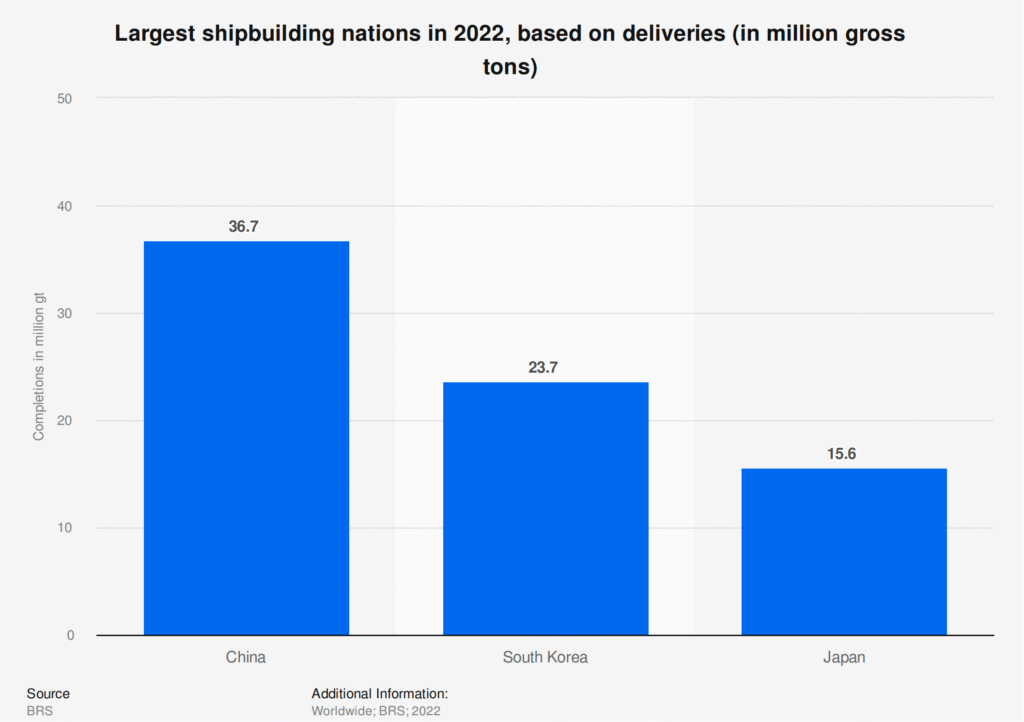
Ship Recycling and Environmental Impact
At the end of a vessel’s lifecycle, most ship recycling takes place in South Asia.
- Bangladesh, India, and Pakistan account for about 76% of global ship scrapping activity.
- While this provides affordable recycled steel, it also raises significant environmental and worker safety concerns, leading to calls for greener and safer recycling methods.
The Impact of COVID-19
The pandemic reshaped global shipbuilding trends:
- European shipyards, which thrived on passenger and cruise shipbuilding, faced sharp declines in demand due to the collapse of global tourism.
- Asian shipyards, despite pre-pandemic overcapacity, quickly rebounded in 2021 as global demand for cargo ships surged amid supply chain disruptions.
Sustainability and the Green Transition
Shipping is under increasing pressure to decarbonize.
- In 2020, shipping accounted for ~11% of global CO₂ emissions.
- Shipbuilders are now investing in eco-friendly technologies, including:
- Liquefied Natural Gas (LNG) fuel systems
- Methanol and ammonia-powered ships
- Hybrid and electric propulsion
- Energy-efficient vessel designs
The future of shipbuilding will be defined by innovation, sustainability, and compliance with international environmental regulations.
DLSS Contribution to Shipbuilding
At DLSS (Zhejiang Daling Special Steel Co., Ltd.), we are committed to supporting the shipbuilding industry with advanced stainless steel solutions. Our products are widely used in marine systems that demand durability, corrosion resistance, and long service life:
- Heat Exchanger Tubes – Essential for seawater cooling, desalination systems, and onboard HVAC units.
- U-Tubes and Finned Tubes – Improve heat transfer efficiency in marine heat exchangers, ensuring stable operation.
- Stainless Steel Pipes and Fittings – Withstand high pressure and corrosive environments in boilers, engines, and fuel systems.
- Duplex Stainless Steels and Nickel Alloys – Provide superior seawater corrosion resistance, reducing maintenance costs and downtime.
With 30+ years of expertise, 40+ production lines, and international certifications (ABS, DNV-GL, BV, LR, NK, PED, etc.), DLSS ensures that every product meets the stringent standards required for shipbuilding and marine applications.
Conclusion
The global shipbuilding industry is undergoing profound changes:
- East Asia dominates global ship construction.
- Europe remains strong in cruise and luxury vessels, though heavily impacted by the pandemic.
- South Asia leads in ship recycling, with environmental challenges driving reforms.
- Green technologies will shape the future of shipbuilding.
DLSS stands ready to support this transformation with world-class stainless steel tubes and components, ensuring safety, reliability, and sustainability for shipbuilding projects worldwide.


